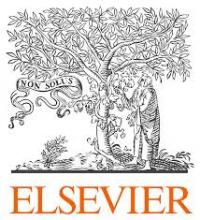Resource information
Land degradation is a widespread crisis, destabilizing nations and communities on a global scale. To be clear, food will be less plentiful (and thus more expensive) unless responsible land management and res- toration is given priority on the international political agenda. The commitment to halt and reverse land degradation will undoubtedly feature prominently in post-2015 development and climate agendas. If this helps to bring about a transformative shift in land management policies and practices, it will certainly contribute to achieving the global priorities of ensuring human security by eradicating poverty and hunger and by reducing migration and conflict. While safeguarding human security poses numerous challenges, to which we need to react, there are many proactive solutions—early interventions on the ground—that offer cost-effective opportunities for reducing risk and vulnerability at various scales. The human security perspective allows us to focus on shared solutions to multiple challenges and to better assess the social, economic, and environmental dimensions of sustainable development in order to leverage integrated and mutually reinforcing approaches that are context specific. In this book, the authors and editors have provided valuable insights into a number of issues related to protecting and restoring our land resources for the benefit of current and future generations. Using case studies from around the world, they have outlined the diverse strategies and multiple benefits of a holistic land-based approach to reducing some of the underlying drivers of human insecurity. They conclude that investing in these practical nature-based solutions, which transform lives and reduce vulnerability, would be cheaper and more effective in many cases than investing in walls, wars, and relief.



